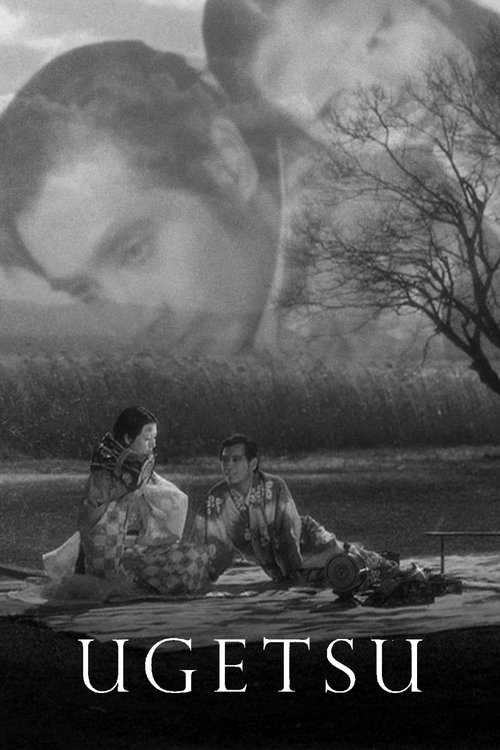
Title: Ugetsu
Year: 1953
Director: Kenji Mizoguchi
Writer: Yoshikata Yoda
Cast: Machiko Ky? (Lady Wakasa), Mitsuko Mito (Ohama), Kinuyo Tanaka (Miyagi), Masayuki Mori (Genjurô), Eitar? Ozawa (Tôbei),
Runtime: 96 min.
Synopsis: In 16th century Japan, peasants Genjuro and Tobei sell their earthenware pots to a group of soldiers in a nearby village, in defiance of a local sage's warning against seeking to profit from warfare. Genjuro's pursuit of both riches and the mysterious Lady Wakasa, as well as Tobei's desire to become a samurai, run the risk of destroying both themselves and their wives, Miyagi and Ohama.
Rating: 8/10